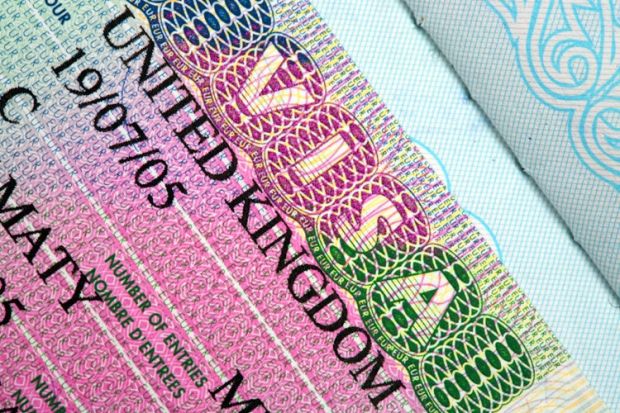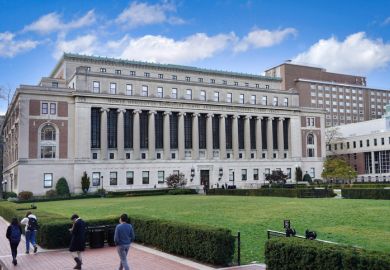The 40 Group, a collection of MPs elected with the narrowest margins in 2010, are concerned about their impact on public services.
In a pamphlet that has yet to be released, the group says that “while Britain undoubtedly benefits from foreign students we must not forget that they are also consumers of housing, the NHS, transport and other national infrastructure,” the BBC has reported.
They propose that any cap would not apply to the top 30 universities, although it is not clear how these would be selected.
The pamphlet is an “unofficial element” of the Conservatives 40/40 strategy to try to win the next general election in 2015 by holding 40 marginal seats and winning 40 target seats, the BBC said.
In a foreword the prime minister, David Cameron, describes the pamphlet’s proposals as “interesting” and “valuable”, although he adds that party members will “inevitably have different views” about them.
Many of the proposals in the pamphlet are said to be inspired by conversations with swing voters.
There is currently no cap on the number of international students who can come to the UK, a message hammered home by Mr Cameron in a visit to India in February.
But universities have voiced fears that changes to immigration rules, such as the decision to end the automatic right to work for two years after graduation, is harming demand from overseas.
Nicola Dandridge, chief executive of Universities UK, said: “While the full details of these policy suggestions are not yet known, UUK would have concerns about the impact of imposing a cap on such a successful area of activity for the UK.”
She added: “While the prime minister has stated publicly that genuine international students are welcome in the UK and that there is no a cap on numbers, this proposal would send out precisely the opposite message internationally.”
Ms Dandridge argued that international students are “short-term visitors” who obtain their higher education qualifications, and then leave”, and “make very few demands on public services such as hospitals”.
She argued that “recent research from the University of Sheffield highlighted that international students contribute far more to the economy than they take out”.
Ms Dandridge continued: “Legitimate concerns about immigration must be addressed. However, this should be done in a way that does not end up causing long-term damage to a profoundly successful UK export.”
Register to continue
Why register?
- Registration is free and only takes a moment
- Once registered, you can read 3 articles a month
- Sign up for our newsletter
Subscribe
Or subscribe for unlimited access to:
- Unlimited access to news, views, insights & reviews
- Digital editions
- Digital access to THE’s university and college rankings analysis
Already registered or a current subscriber? Login




